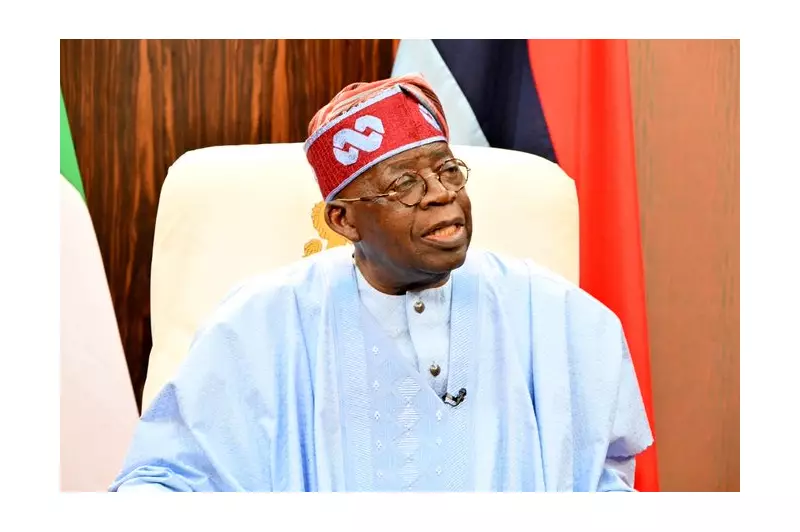
A coalition of staunch supporters aligned with President Bola Tinubu has issued a compelling call to action, urging the leadership of the All Progressives Congress (APC) to conduct a thorough reassessment of the party's reward mechanism. This urgent appeal comes amid growing concerns about the current system's effectiveness in recognizing and compensating party loyalists.
Growing Discontent Within Party Ranks
The pro-Tinubu faction, representing a significant voice within the APC, has expressed serious reservations about how the party acknowledges contributions from its members. According to insiders, the current reward structure fails to adequately recognize the immense sacrifices made by dedicated party supporters during critical political campaigns and electoral processes.
Strategic Recommendations for Party Reform
The group has proposed several key modifications to the existing system:
- Transparent Merit-Based Recognition: Implementation of a clear, measurable criteria for rewarding party members based on verifiable contributions
- Inclusive Compensation Framework: Development of a comprehensive system that acknowledges both high-profile and grassroots supporters
- Long-term Loyalty Acknowledgment: Creation of sustainable reward mechanisms that value consistent party allegiance beyond election cycles
- Youth and Women Inclusion: Special consideration for underrepresented groups within the party structure
Potential Impact on Party Unity and Future Elections
Political analysts suggest that addressing these concerns could significantly strengthen the APC's internal cohesion as the party prepares for upcoming electoral contests. The 2027 general elections loom large on the political horizon, making party unity and member motivation critical factors for success.
"A well-structured reward system isn't just about compensation; it's about validating the efforts of those who dedicate their time, resources, and energy to the party's success," noted a political strategist familiar with the matter.
Broader Implications for Nigerian Politics
This development reflects ongoing evolution within Nigeria's political landscape, where internal party democracy and member welfare are increasingly becoming central to political discourse. The APC's response to these demands could set important precedents for how political parties across Nigeria manage their internal reward structures and maintain member loyalty.
As the ruling party navigates these internal dynamics, observers will be watching closely to see how the leadership balances competing interests while maintaining focus on national governance priorities and preparing for future electoral challenges.





